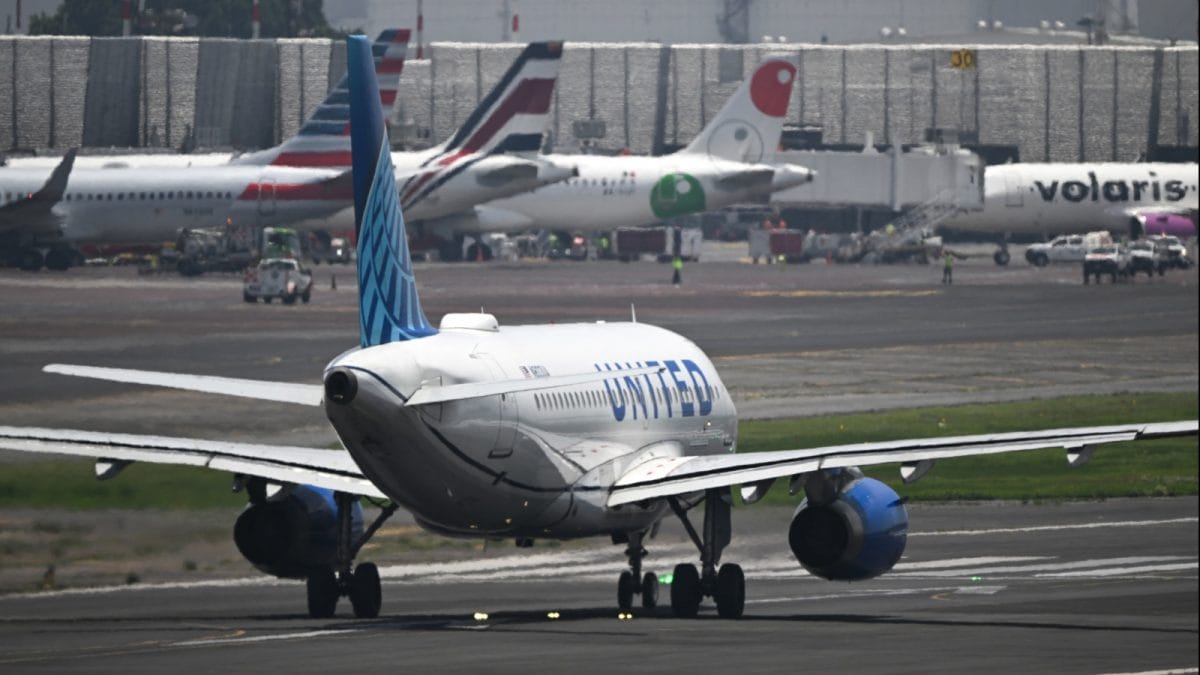Traffic snarls in Hyderabad’s IT corridor are worsening midweek as employees working in hybrid mode prefer to keep Mondays and Fridays as work-from-home days, crowding offices on Tuesdays, Wednesdays and Thursdays. While employees say the arrangement balances personal and professional life, traffic police say that the midweek rush is choking key roads, leading to gridlocks.
According to senior traffic police officials in Cyberabad, the stretch linking the IT corridor with major residential hubs witnesses at least a 25% rise in traffic midweek.
“Of the three days, Tuesdays and Wednesdays are the worst, with traffic usually 20–25% higher than the usual Mondays and Fridays. Thursdays are slightly better, with a 10–15% increase,” said Madhapur Traffic DCP T. Sai Manohar.
During peak hours between 8 a.m. and noon, as many as 89,000 to 1 lakh vehicles on these routes are linked to IT commuters alone. Breaking it down, DCP Manohar said, “Of the 33,000 autos in all directions, about 10% (3,300) are engaged by IT employees. Of the 1.2 lakh bikes, at least 50% (60,000) belong to them. Over 80% (2,667) of the 3,347 buses cater to IT companies or ferry IT employees, while 25% (23,250) of the 93,000 cars are also used by them in just this four-hour window.”
On an average, over 10 lakh vehicles ply the key IT routes daily. The busiest stretches include Hitec City to JNTU, leading to Hafeezpet and KPHB, Lingampally road, Gachibowli flyover, Shaikpet flyover connecting Tolichowki with Raidurg and the Gachibowli–Miyapur road leading to Botanical Garden and Kothaguda.
Police say the rush stems from employees preferring to club work-from-home days with weekends, leaving the midweek for office presence.
For employees, the choice is deliberate. Steve Abraham, 30, who works night shifts for a firm in Hitec City, said, “The midweek office routine gives me longer weekends for chores and errands. Commuting takes three to four hours a day, so cutting that down on Mondays and Fridays saves time. Also, midweek motivation is better when I’m physically in office.”
Another product developer with a leading MNC added that team practices have shifted. “Earlier, Monday was the default for in-person meetings. Now, they happen on Wednesdays, with Mondays reserved for virtual catch-ups,” the employee said.
Others see lifestyle advantages. Karthik (name changed), a tech employee with a financial services company in Gachibowli admitted that skipping office on Mondays and Fridays gives him breathing space after the weekend. “Earlier, Sunday nights were a struggle ... I’d cut short get-togethers, skip late outings as Monday meant waking up three hours early to beat traffic. Now with Mondays at home, I can enjoy my Sundays without worry and start the week more refreshed,” he said.
Meanwhile, some have learned the hard way. Alok (name changed), another IT employee working in Madhapur, said he switched his office days to Mondays and Thursdays to avoid the worst rush. “Earlier I was in the same gang but soon realised that Tuesdays and Wednesdays are chaos. Now I travel when fewer people are on the road,” he laughed.
Industry observers too believe the pattern is backfiring. Naved Khan, CEO of Society for Cyberabad Security Council (SCSC), said hybrid work was meant to reduce congestion but has in fact worsened it. “By concentrating office days midweek, it has created three consecutive days of peak congestion. If companies staggered office schedules, traffic could be distributed better.” Traffic police have echoed the suggestion, urging IT firms to stagger schedules.



.png)
.png)
.png)
















 1 hour ago
2
1 hour ago
2









 English (US) ·
English (US) ·